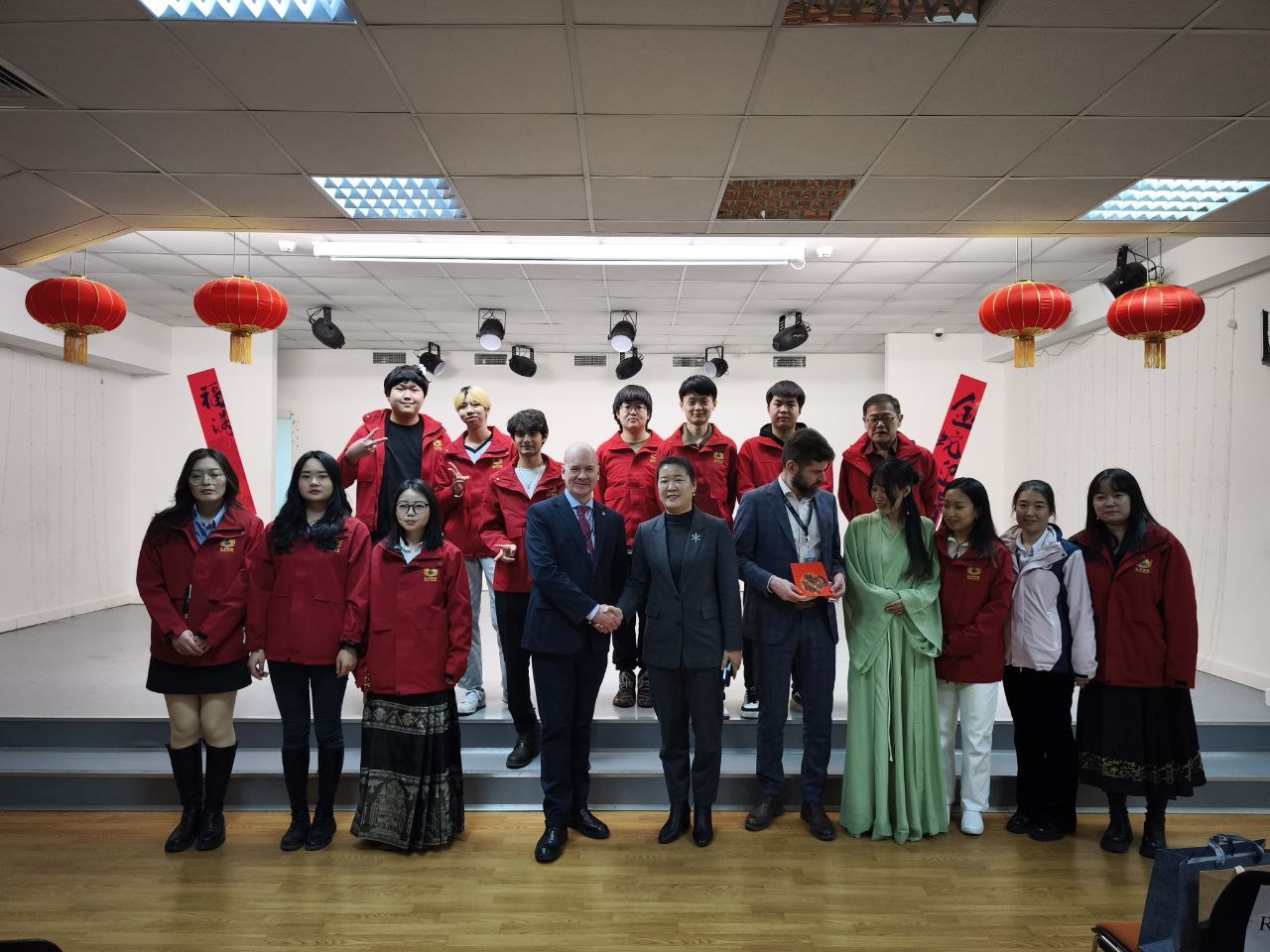In the modern educational landscape, more and more attention is paid to the role of parents as active participants in the learning process of their children. Social integration of parents into the educational environment is becoming not just desirable, but a necessary condition for the formation of a harmonious personality of the child. This process involves involving families in school life, developing partnerships with teachers and creating conditions for sharing experience and knowledge.
The role of parents in education
Parents play a key role in a child's socialisation by passing on basic norms of behaviour and cultural values. However, their involvement is not limited to the family circle. Research shows that active parental involvement in the learning process has a positive impact on children's academic success, social skills and emotional well-being. For example, regular communication with teachers and participation in school activities increases student motivation.
Examples of Social Inclusion
One successful example is Parent-Teacher Associations (PTA) meetings. These meetings bring together parents, educators and school administrators to discuss educational strategies, address current issues and plan joint activities. PTAs provide a platform for the exchange of ideas, which builds trust between the parties and enhances the credibility of the educational institution.
Another example is the Parent Academies programme, popular in some European countries such as Germany. These academies offer courses and workshops on pedagogical methods, child development psychology and modern educational technologies to help parents better understand learning and support their children.
It is also worth noting the practice of ‘Open Days’ in schools, which is widespread in Russia and other CIS countries. During such events, parents attend lessons, communicate with teachers and participate in masterclasses, which allows them to delve deeper into school life and establish closer contact with teachers.
What ways of integration do we use at CIS?
- PTA assemblies. We divide them according to the age of the children, so that the junior and senior school have separate meetings with teachers and the head teacher.
- PTC (Parent-Teacher Conversations) are one-to-one conversations between families and the class teacher (or other teacher) where parents can discuss their child's progress and difficulties on an individual basis.
- Parent Breakfasts. These are days when parents, grandparents and any other interested family members are invited to spend breakfast and the first half of the school day with their children, attend lessons and participate in activities. These days are especially useful when a child is just adapting to a new environment and the presence of a loved one can help him/her to do so.
- Holidays. When we decorate the school Christmas tree, prepare a summer concert or put on a play, we always try to involve our parents in the process of preparing and conducting the events. This helps to create a family, warm atmosphere and make schools more than just a place of learning.
Challenges and perspectives
Despite the obvious benefits, parental integration faces obstacles such as inequalities in access to information, differences in educational level or parental employment. Addressing these challenges requires the introduction of flexible forms of interaction, including online platforms and individual counselling. It is also important to be culturally sensitive to families to ensure an inclusive approach.
The future of parental social inclusion is linked to the development of partnerships, where family and school become equal participants in the educational process. This not only enhances the quality of learning but also creates a sense of community for children.




